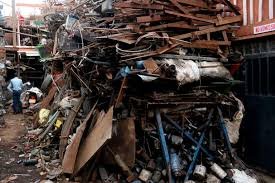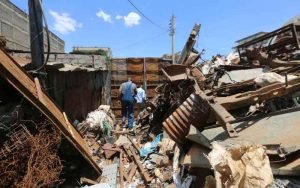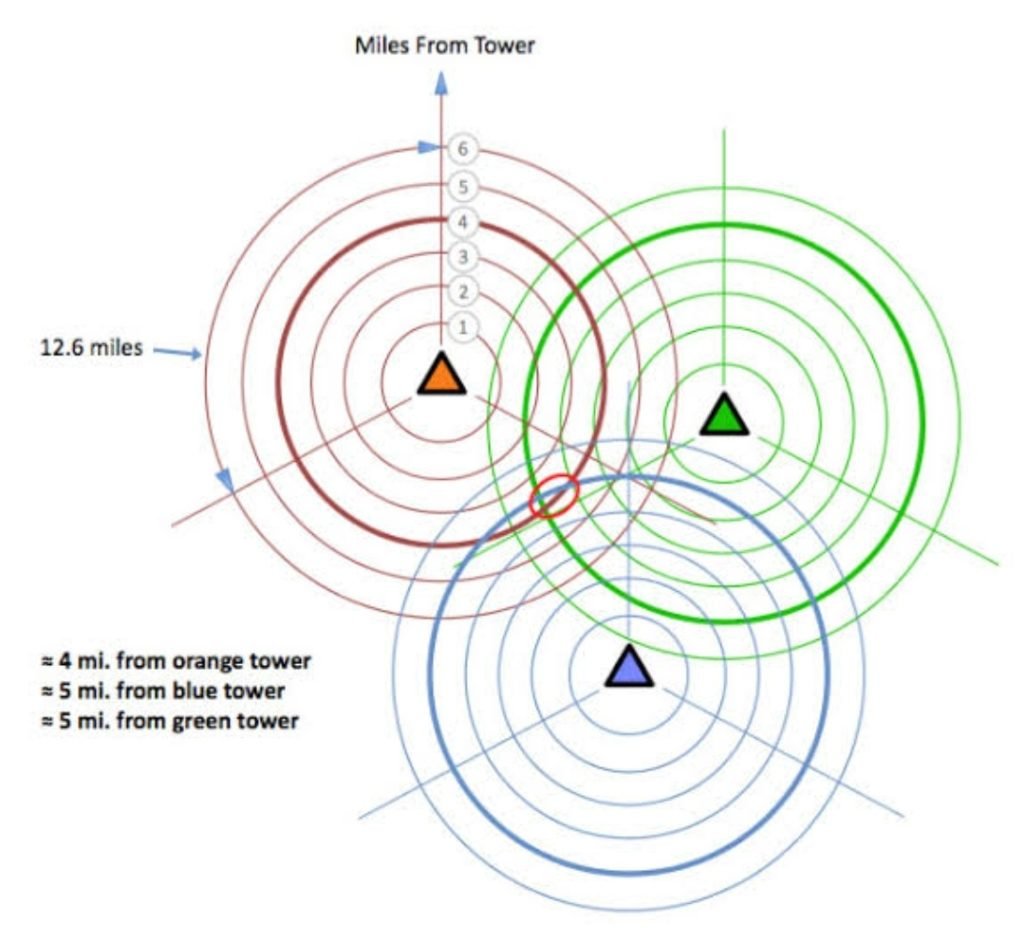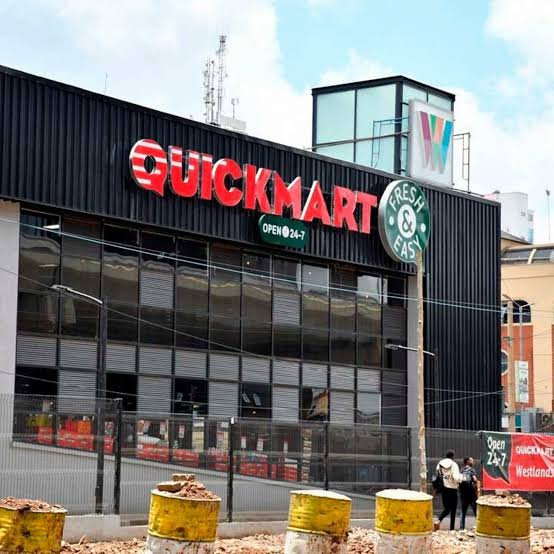
In recent years, there has been growing concern over the safety of using scrap metal due to its potential health hazards. Consumers need to be aware of the risks associated with carcinogenic chemicals and environmental degradation that can be caused by the improper handling of scrap metal.
Scrap metal can sometimes contain hazardous chemicals such as lead, cadmium, and mercury, which have been linked to cancer and other serious health problems.
When consumers come into contact with these carcinogens through the use of products made from scrap metal, there is a significant risk to their health.

In addition to the health risks, the improper disposal and recycling of scrap metal can lead to environmental degradation.
Toxic substances can leach into the soil and water supply, causing harm to ecosystems and potentially harming human health as well.
It is essential for consumers to take precautions when purchasing products made from scrap metal. Look for certifications from reputable organizations that ensure the safety and proper handling of materials.
Additionally, be mindful of how you dispose of scrap metal products to minimize the impact on the environment.

By being informed and proactive, consumers can help mitigate the risks associated with carcinogenic and environmental degradation dangers of scrap metal.
It is crucial for regulatory bodies to enforce strict guidelines to protect consumers and the environment from these hazards.
It is for this reason that COFEK believes any move to dissolve the Scarp Metal Council would be ill-informed




